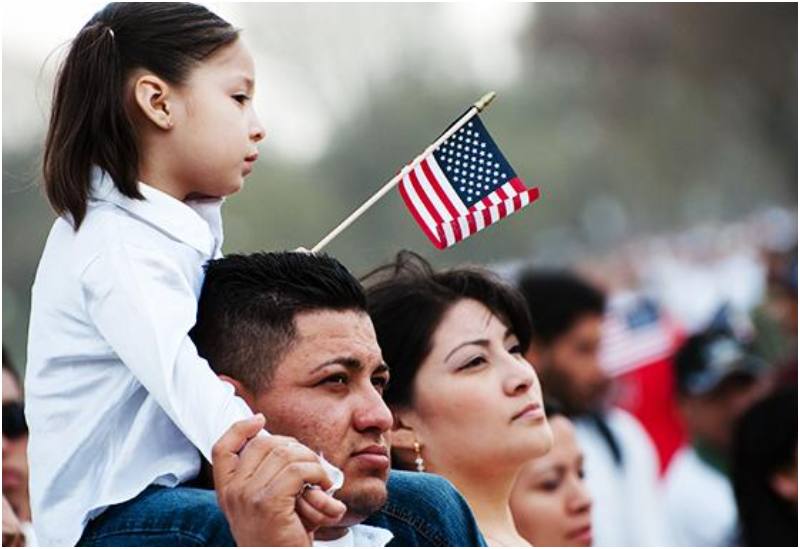Legal experts warn of stricter immigration interviews, more documentation demands amid revived marriage fraud concerns
Spouses of U.S. citizens and lawful permanent residents are finding that marriage is no longer a guaranteed pathway to permanent residency, as U.S. immigration officials tighten the screws on green card interviews and documentary requirements.
Immigration attorneys are reporting a notable uptick in scrutiny during both domestic and consular processing of spousal green card cases—a shift rooted in Trump-era immigration policies aimed at curbing marriage fraud. Though initiated under the previous administration, the aggressive posture appears to have carried over, with officers leaning more heavily on their discretionary authority.
“Officers will be looking deeper… leaning into their discretion more often than they did in the Biden years,” said Ashwin Sharma, an immigration attorney, in comments to Times of India’s Lubna Kably. “We are seeing an increase in requests for evidence.”
Heightened Burden of Proof at Consulates and USCIS
Applicants filing for green cards abroad must now shoulder a growing documentary burden, especially since U.S. citizen spouses are barred from attending visa interviews at consulates. The onus falls entirely on paper evidence to prove the legitimacy of the marriage. Consular officers are paying close attention to how couples met, the nature of their relationship, and their intent to cohabitate.
“Documents have to tell the full story: how the relationship began, genuine intent to live a married life together, how it’s been sustained, and why it is bona fide,” Sharma explained.
Evidence such as photos, travel itineraries, call logs, shared bank accounts, money transfers, and life insurance policies are now vital. The absence of such items—even in real marriages—can be grounds for visa denial or a referral for fraud investigation, particularly under Section 221(g).
For couples applying for adjustment of status within the U.S., similar scrutiny is being applied. Interviews conducted by U.S. Citizenship and Immigration Services (USCIS) now involve more pointed questions and a deeper analysis of documentation.
Stokes Interviews Raise Stakes for U.S.-Based Couples
Domestic applicants can be subjected to a Stokes interview—a high-pressure setting where the couple is questioned separately and their answers are compared for consistency.
Typical questions range from the mundane to the highly specific, such as:
- “Which side of the bed do you sleep on?”
- “Who woke up first today?”
- “How many locks are on your front door?”
- “What is your spouse’s favorite meal?”
- “Does your spouse have any food allergies?”
Attorneys advise couples to attend these interviews with legal counsel, especially if they anticipate difficulty in proving the genuineness of their relationship through traditional evidence.
“Well-prepared, legitimate cases appear to be still holding up well under scrutiny,” Sharma noted. “But even genuine couples with weak documentation are going to feel the pressure.”
Green Card Spouses Face Long Waits and Stronger Suspicion
For spouses of green card holders, the process can stretch three to four years, and the prolonged separation can fuel even more suspicion from immigration authorities.
“The longer the wait, the more documentation you’ll need—to convincingly show that your marriage isn’t just alive but thriving despite the distance,” said Sharma.
Legal practitioners warn that even minor gaps in evidence can result in green card denial, and worse, placement into removal (deportation) proceedings for alleged marriage fraud.
Preparation Is Key in the New Immigration Landscape
“Be prepared to answer questions about your marital relationship, including your spouse’s employment, salary, education, and prior marriages,” advised Snehal Batra, managing attorney at NPZ Law Group.
With increased discretionary enforcement, rising evidence demands, and more aggressive interviews, the path to residency through marriage is no longer routine. Couples are being urged to consult legal counsel early and compile detailed, consistent documentation that paints a credible picture of a genuine, ongoing relationship.
As immigration officers take a more skeptical stance, marrying a U.S. citizen or permanent resident may still open the door to a green card—but no longer without a fight.

